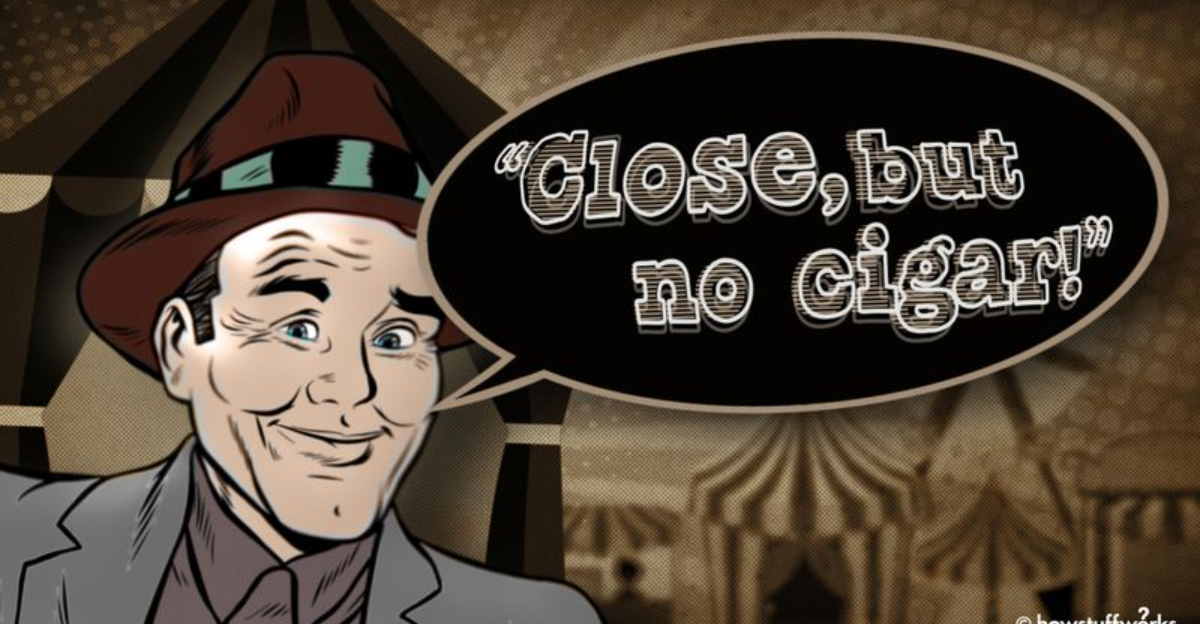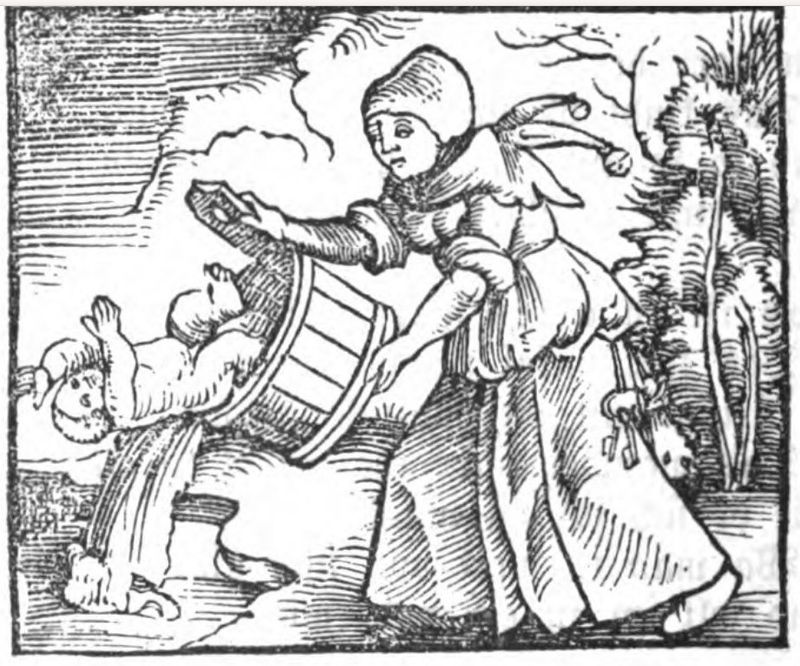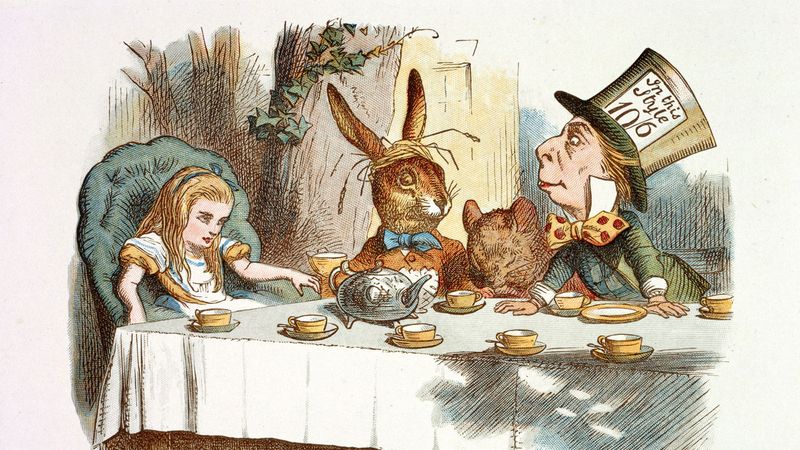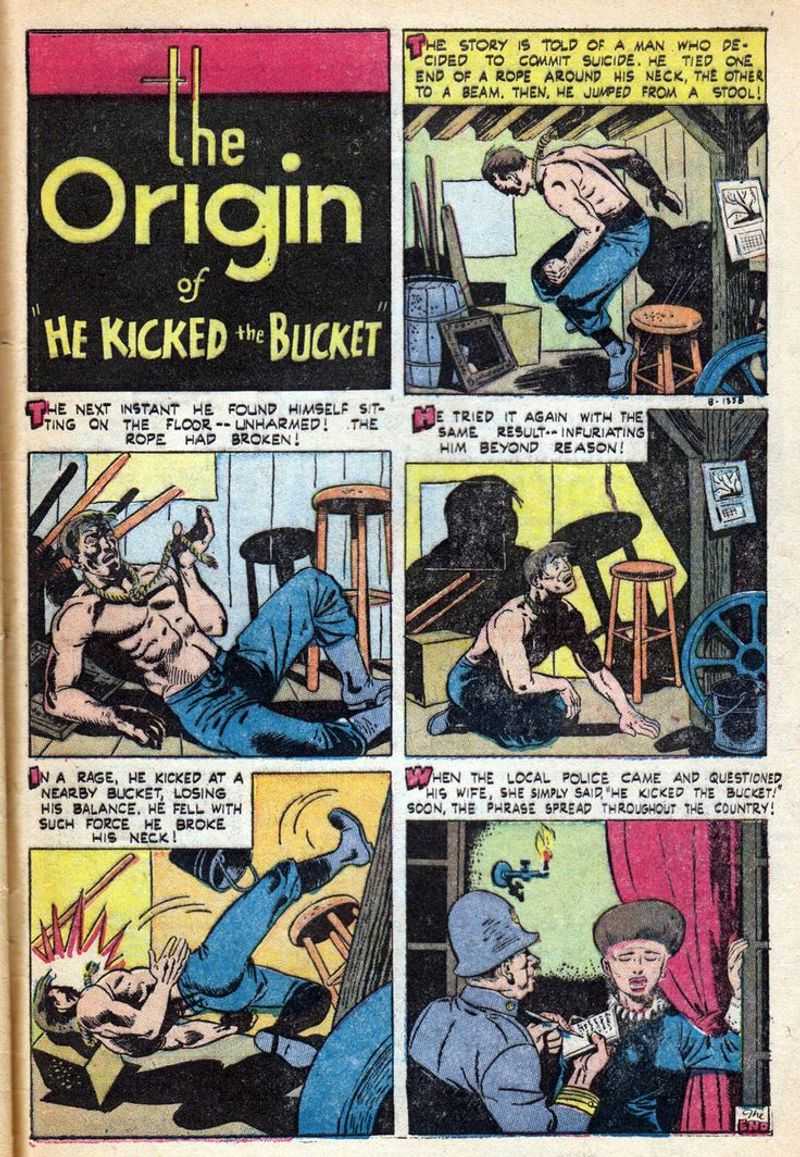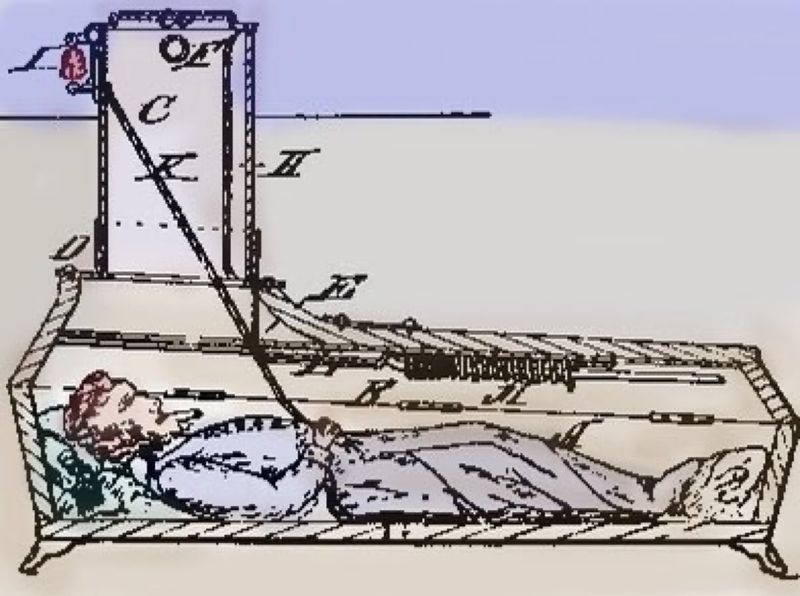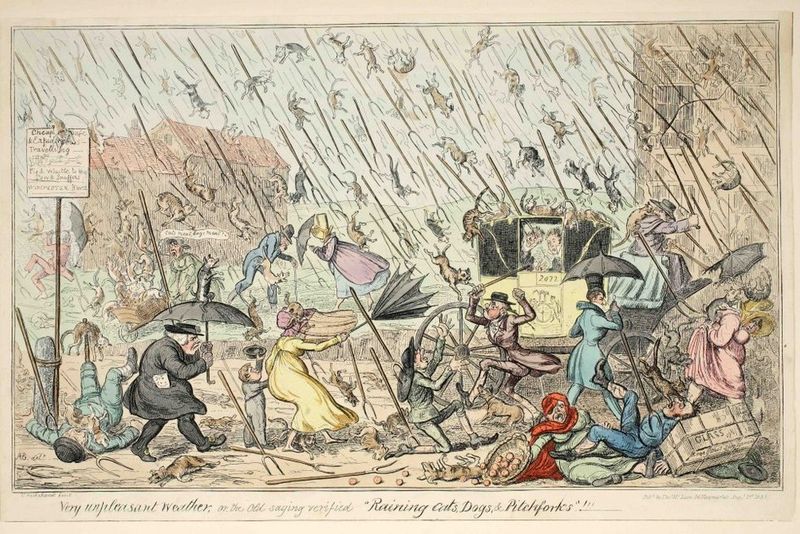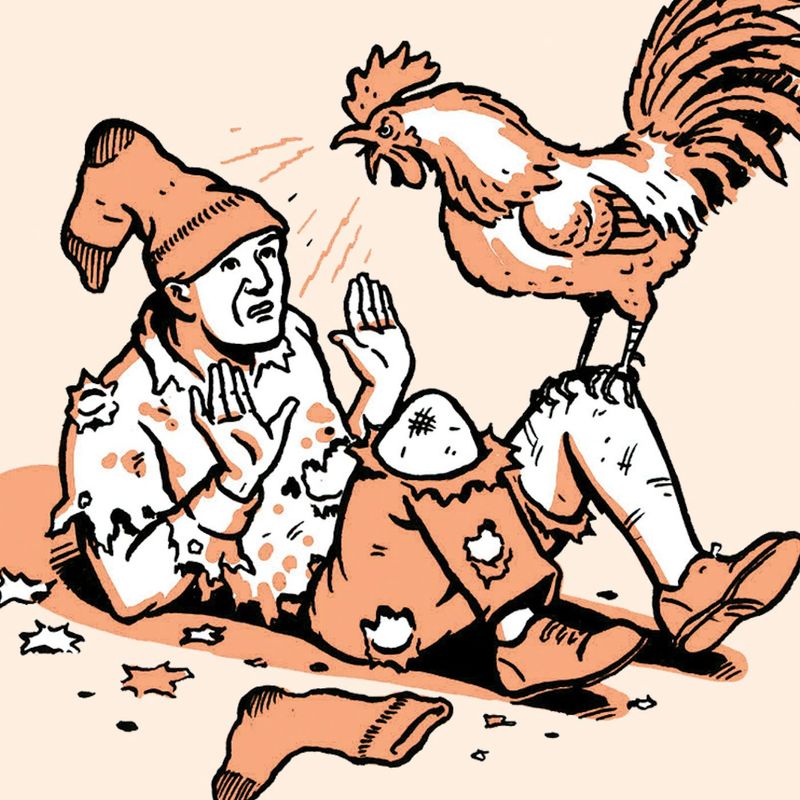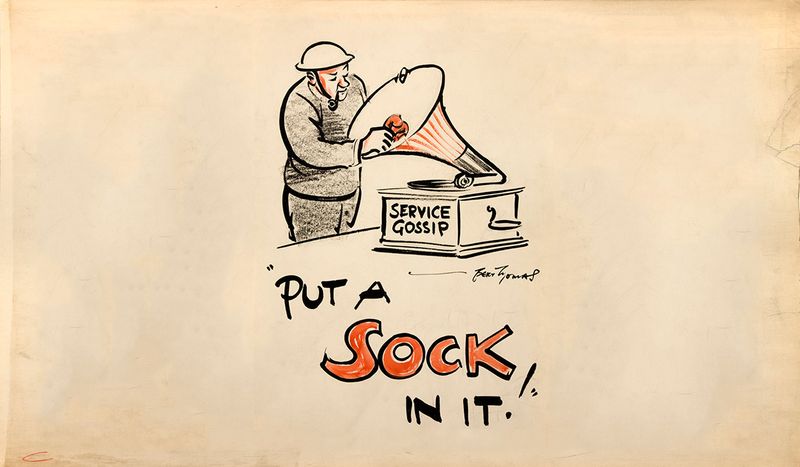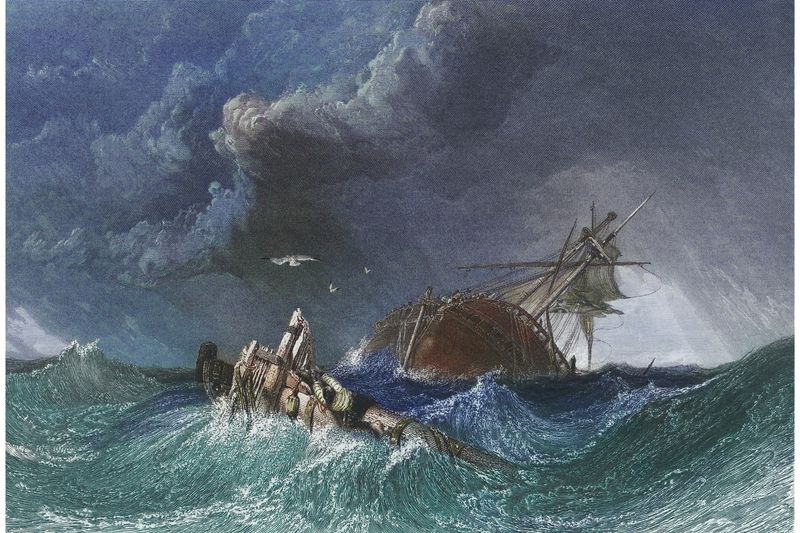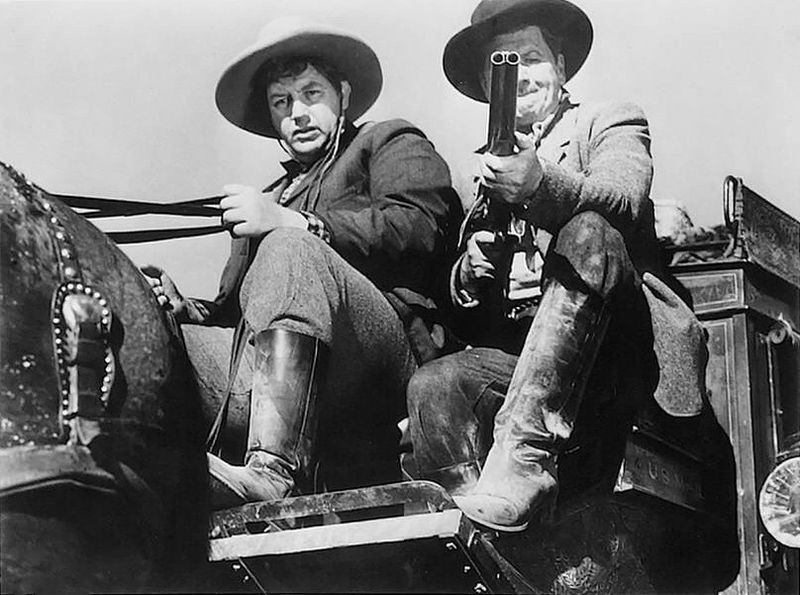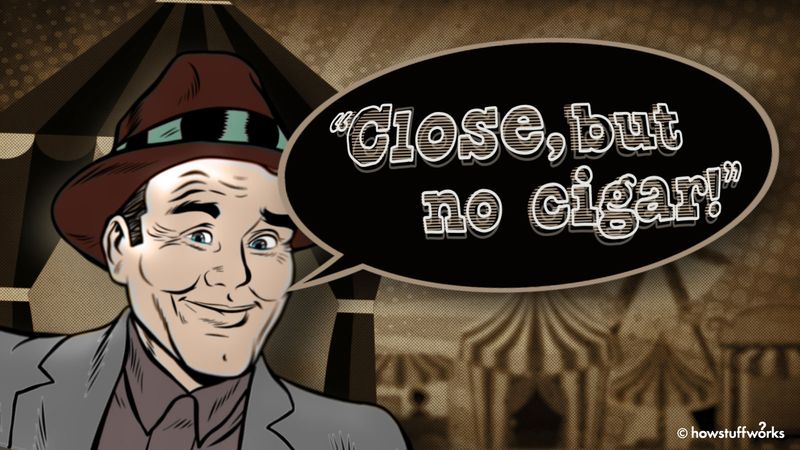They sound ridiculous at first—like something out of a medieval sitcom or a pirate’s diary—but these old phrases aren’t just linguistic oddities. They actually make a weird kind of sense when you break them down. From barnyard metaphors to courtroom slang, these expressions have stood the test of time for good reason. You’ve probably heard them… you just didn’t realize how logical they really are.
1. Don’t throw the baby out with the bathwater
This phrase warns against such hasty actions. It’s a reminder to separate the valuable from the worthless.
In medieval times, bathwater was shared, and by the end, it was so murky you might lose sight of the baby. The saying’s absurdity is exactly what makes it memorable. But in essence, it’s a plea for careful consideration, ensuring nothing precious goes down the drain with the waste.
2. Let the cat out of the bag
This phrase warns of secrets unexpectedly exposed.
In those days, unsuspecting buyers were often duped, leading to this vivid expression. It’s a cautionary tale about transparency and honesty. When secrets slip out, like the proverbial cat, they’re hard to contain again. A quirky reminder of the importance of truthfulness in our dealings.
3. Bite the bullet
This phrase echoes the courage needed in the face of adversity.
Today, it signifies the readiness to endure discomfort for a greater good. Originally born from wartime necessity, it now serves as a metaphor for tackling challenges head-on. It’s about resilience and facing fears, even without knowing the outcome. A testament to human grit and determination.
4. Mad as a hatter
‘Mad as a hatter’ finds its roots here, describing someone affected by mercury poisoning.
The phrase paints a vivid picture of eccentricity and madness. It calls to mind Lewis Carroll’s whimsical character, the Mad Hatter, who embodied this quirky chaos. It’s a historical nod to the dangers of industry and the curious characters it birthed. A whimsical yet cautionary expression.
5. Kick the bucket
This phrase captures the finality of life with dark humor.
Though its origins are grim, today it is often used with a lighter tone. A metaphor for one’s passing, it adds a touch of levity to life’s ultimate certainty. The phrase serves as a reminder of mortality, urging us to live fully before it’s time to ‘kick the bucket.’ A morbid yet oddly comforting expression.
6. Saved by the bell
‘Saved by the bell’ captures this dramatic rescue.
The phrase extends beyond the ring, hinting at narrow escapes in various life scenarios. It also ties to the Victorian era, where coffins were equipped with bells to prevent premature burial. Whether in sports or superstition, it embodies relief and second chances. A phrase that resonates with anyone who’s ever been granted an unexpected reprieve.
7. Raining cats and dogs
Imagine 17th-century England, where storms ravage the streets. Torrents of rain sweep away debris, including the lifeless bodies of animals. Hence the phrase, ‘raining cats and dogs’ vividly describes this overwhelming deluge.
Though the imagery is stark, it effectively communicates an exceptionally heavy downpour. Despite its grim origins, the phrase is used today with a touch of humor, symbolizing nature’s unpredictable might. It’s a colorful way to describe torrential rain, reminding us of the power and chaos of the elements.
8. More than you can shake a stick at
This phrase conveys an abundance beyond measure.
Originating from shepherding, it paints a picture of overwhelming plenty. Whether talking about tasks, choices, or opportunities, it signifies more than one can handle. A simple yet potent way to describe overabundance. It’s a testament to the challenges and joys of having too much of a good thing.
9. Cost an arm and a leg
Back then, a full-body portrait cost more, as it took extra time and skill. ‘Cost an arm and a leg’ illustrates this premium price.
This phrase is a nod to the art world, where depiction comes at a cost. It aptly describes anything extravagantly priced. Beyond art, it serves as a metaphor for costly ventures, reminding us of the investments we make for quality and detail. A vivid expression of value and sacrifice.
10. The whole nine yards
‘The whole nine yards’ embodies maximum effort.
This phrase transcends its military roots, applying to any situation where one gives their all. It’s a testament to commitment and exhaustive effort, leaving nothing in reserve. Whether in work, play, or life, it captures the essence of wholehearted dedication. Its origins may be debated, but its meaning is universally understood.
11. Put a sock in it
Before volume knobs, a sock stuffed in the horn was the only way to quiet a gramophone. ‘Put a sock in it’ suggests silence.
This phrase nimbly conveys the desire for peace and quiet. While its origins lie in early audio technology, today it’s a playful, if slightly brusque, way to ask for silence. It serves as a charming reminder of how far we’ve come in controlling our noisy environments. A quaint expression of tranquility.
12. Under the weather
This phrase signifies feeling unwell.
Originating from maritime tradition, it describes being out of sorts, whether due to illness or other discomforts. It captures the universal experience of feeling less than one’s best. Whether on land or sea, it’s a relatable way to express those days when nothing seems quite right. A maritime metaphor that has sailed into common parlance.
13. Break the ice
‘Break the ice’ originates from this nautical necessity.
The phrase has sailed into social settings, encouraging initial gestures to ease tension and foster interaction. It’s about making way for smooth communication, whether at a gathering or meeting. The imagery of breaking barriers resonates universally, serving as a metaphor for opening up new paths. From maritime beginnings to everyday language, it warms even the iciest of encounters.
14. Caught red-handed
This phrase signals clear guilt.
Its origins lie in the literal act of poaching, where blood stains were irrefutable proof. Today, it denotes being caught in any wrongdoing. The phrase vividly conveys the swift hand of justice, leaving no room for excuses. It’s a straightforward expression of culpability, reminding us that actions have consequences. A phrase that catches attention, just as it once caught wrongdoers.
15. Ride shotgun
With a shotgun at the ready, a Wild West stagecoach is there to fend off bandits. ‘Ride shotgun’ originates from this perilous position.
Now synonymous with sitting in the front passenger seat, it evokes images of adventure and readiness. Whether in a car or on a stagecoach, the term signals a position of both prestige and responsibility. It’s about being on guard, ready to assist, and perhaps, enjoying the best view. A phrase that blends past dangers with modern convenience.
16. Close but no cigar
‘Close but no cigar’ captures this near-win.
Once, cigars were popular prizes at fairs. This phrase now describes falling just short of success. It embodies the bittersweet nature of being almost there, but not quite. A playful reminder of those near-misses that spur us to try again. The phrase adds a touch of whimsy to the pursuit of goals, where effort is recognized, even if the prize eludes.
17. By and large
‘By and large’ reflects this mastery of sailing.
The phrase has navigated into everyday use, summarizing overall impressions or generalities. It’s about considering both specifics and the bigger picture. From nautical roots, it provides a balanced view, taking into account all factors. A phrase that charts a course through complexity, capturing the essence of comprehensive assessment.
18. Read the riot act
Step into an 18th-century town square, where unrest brews. A magistrate reads the Riot Act aloud, urging the crowd to disperse. Failure to comply means jail. This phrase signifies stern warning.
Today, it describes giving someone a firm reprimand. Its historical roots lie in maintaining order, with legal backing. The phrase captures the urgency of authoritative intervention, where defiance has clear consequences. It’s a reminder of the power of words backed by authority, echoing through history to our modern times.
19. Barking up the wrong tree
‘Barking up the wrong tree’ illustrates misguided efforts.
Originating from hunting, it points to false assumptions or misplaced actions. It’s a vivid metaphor for pursuing the wrong course. A reminder that even the best efforts can be misdirected, urging us to reassess and redirect. A phrase for the curious, those seeking truths in the right places. Its imagery is as clear as the dog’s futile pursuit.
20. Eat humble pie
‘Eat humble pie’ stems from this humble fare.
Today, it means acknowledging mistakes and swallowing pride. The phrase serves as a culinary metaphor for humility, reminding us of history’s class divides. It’s about accepting faults and moving forward with grace. A tasty reminder of life’s lessons, where pride is the main ingredient to be digested.
